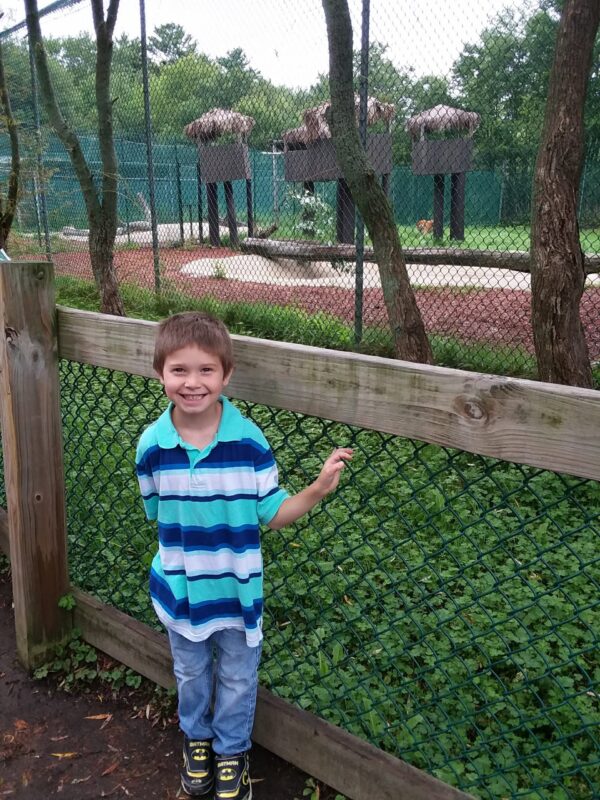
The primary objective of the program is to support students in developing skills related to self-esteem, emotional communication, self-regulation, peer relationships, behavioral stabilization, and academic performance. Each student’s experience is individualized to address their specific needs and goals. This program has been particularly effective for students who demonstrate some or all of the following characteristics:
- Attention Deficits
- Limited academic success
- Learning Disabilities
- Poor organizational skills
- Self-Esteem issues
- Lack of Motivation
- Low Frustration Tolerance
- Difficulty developing/maintaining relationships with adults, peers, authority figures and family
To download the Student Handbook for this program Click the Button below.
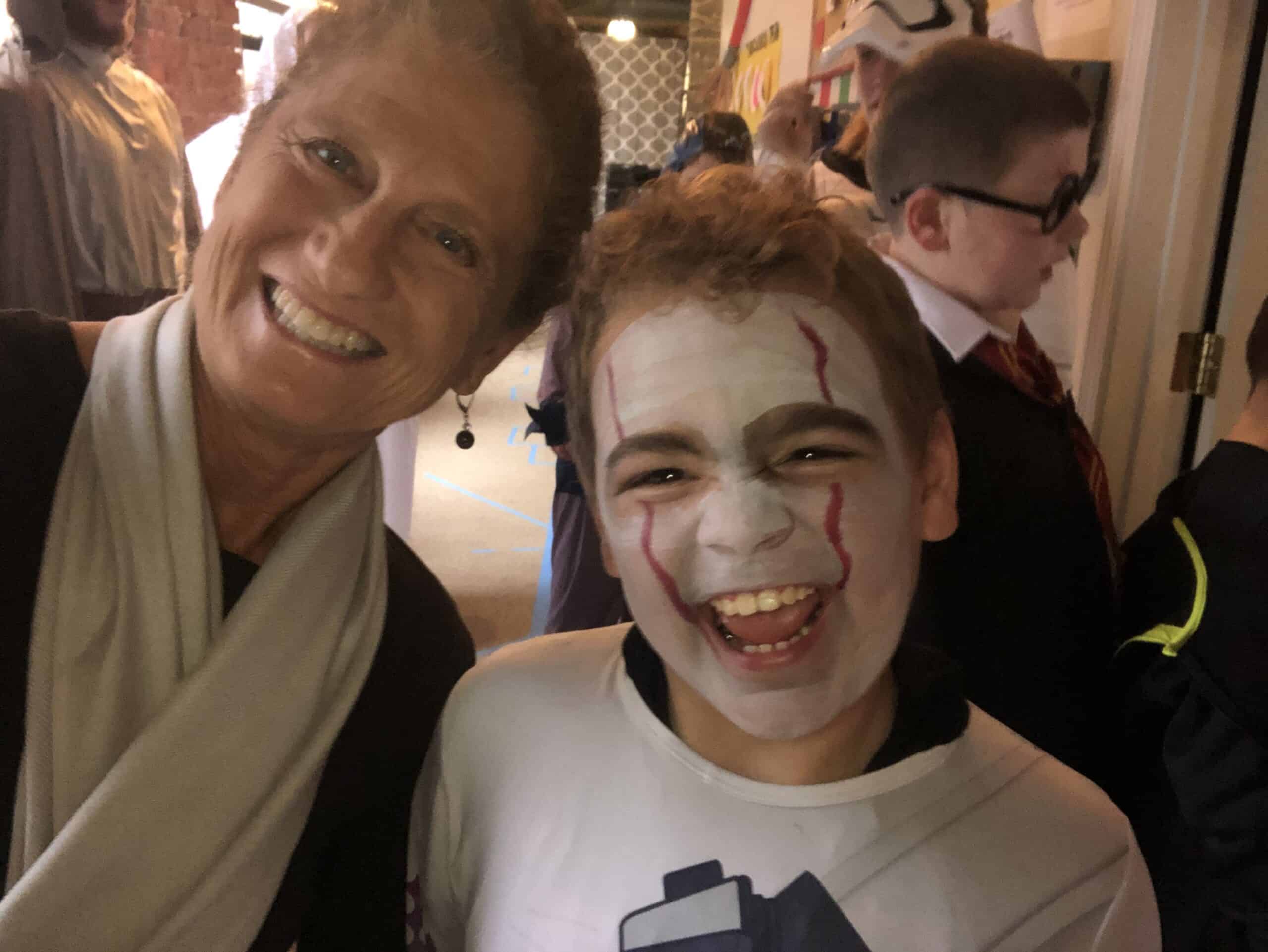
Seacoast Learning Collaborative serves students ages 6 to 11 in grades 1 through 5. We provide specialized educational services for children identified by their sending school districts as having one or more of the following educational disabilities and related challenges:
- Other Health Impaired
- Emotional Disturbance
- Developmental Delay
- Speech and Language
- Autism
- Learning Difficulties
- Behavioral Issues
Additionally, they may be receiving community based psychiatric services for
- Attention deficits
- Mood disorders
- Anxiety disorders
- Spectrum Disorders
Tuition for our program is paid for by the Sending School District.
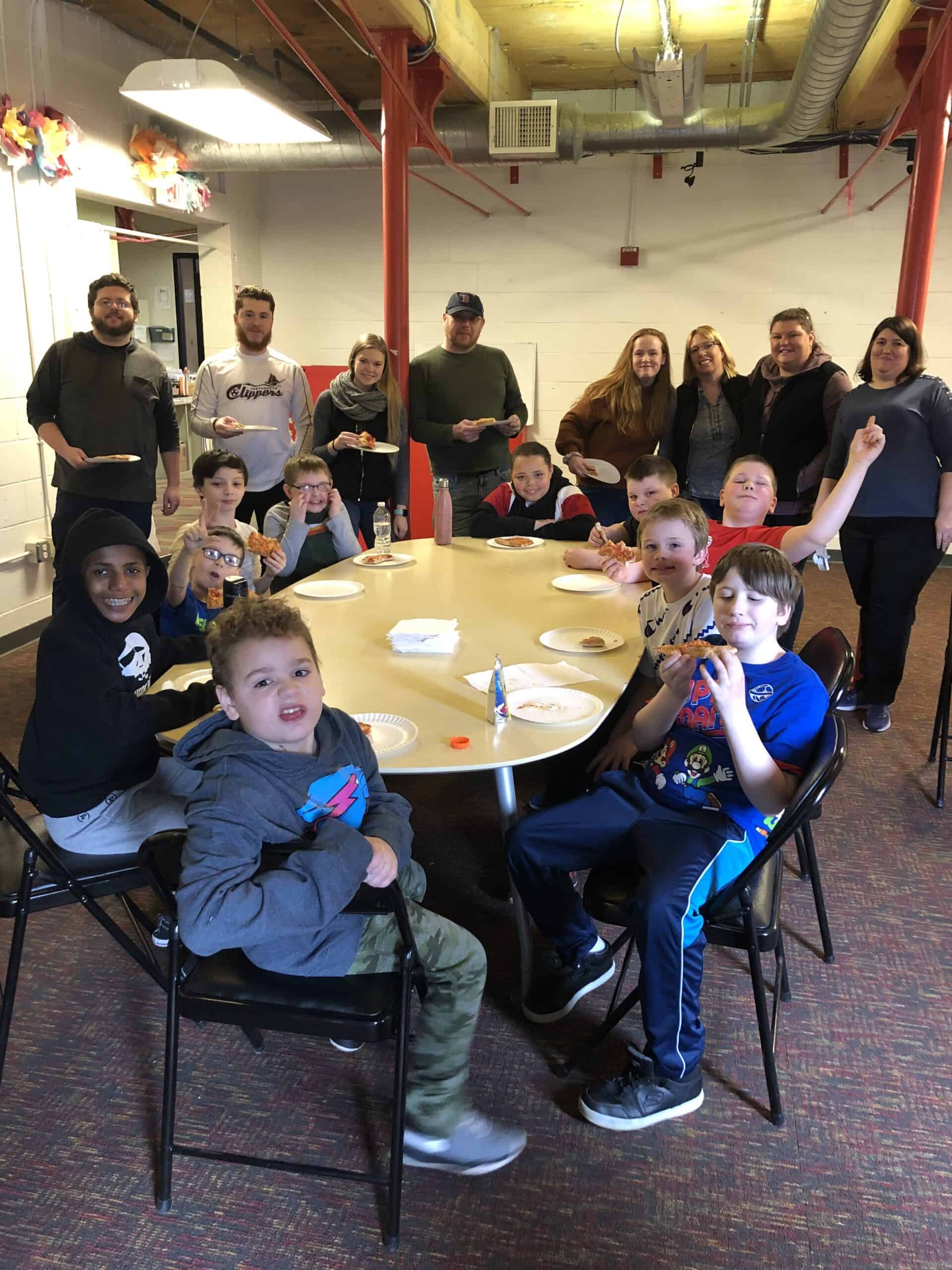
The Elementary Program serves students in grades 1 through 5. The staff-to-student ratio is 1:2, unless 1:1 support is required and approved by the treatment team. Two teachers support the program, allowing the classroom to be divided into smaller groups as needed. Each classroom maintains a low student census to ensure individualized attention and maximize staff availability for every student. Paraprofessionals offer additional academic and behavioral support. A full time Counselor works in tandem with the team through individual and group counseling while maintaining contact with school districts, families and wrap around services.
The school day is 6.25 hours in length and includes four to five academic periods, with short transitional breaks between classes. In addition to core academics, the weekly schedule incorporates group structured play, physical recreation activities, adventure-based counseling, individual and group counseling, project-based learning, presentations, and staff-supported social skills activities. Students also participate in Art, Music, Yoga/Relaxation/Mindfulness, and Physical Education classes. Project based lessons offer the students the opportunity to do presentations for their parents/guardians.
Related services personnel, including Occupational Therapists and Speech-Language Pathologists, provide individualized support services as outlined in each child’s IEP. Classrooms utilize a multi-modal instructional approach that incorporates visual, verbal, and kinesthetic supports, movement breaks, sensory diets, and individualized behavior plans. Daily reports summarize each student’s classroom performance and are shared electronically with parents and guardians. Quarterly reports document progress toward annual IEP goals and objectives. The curriculum is aligned with New Hampshire State Standards and the Common Core State Standards (CCSS).
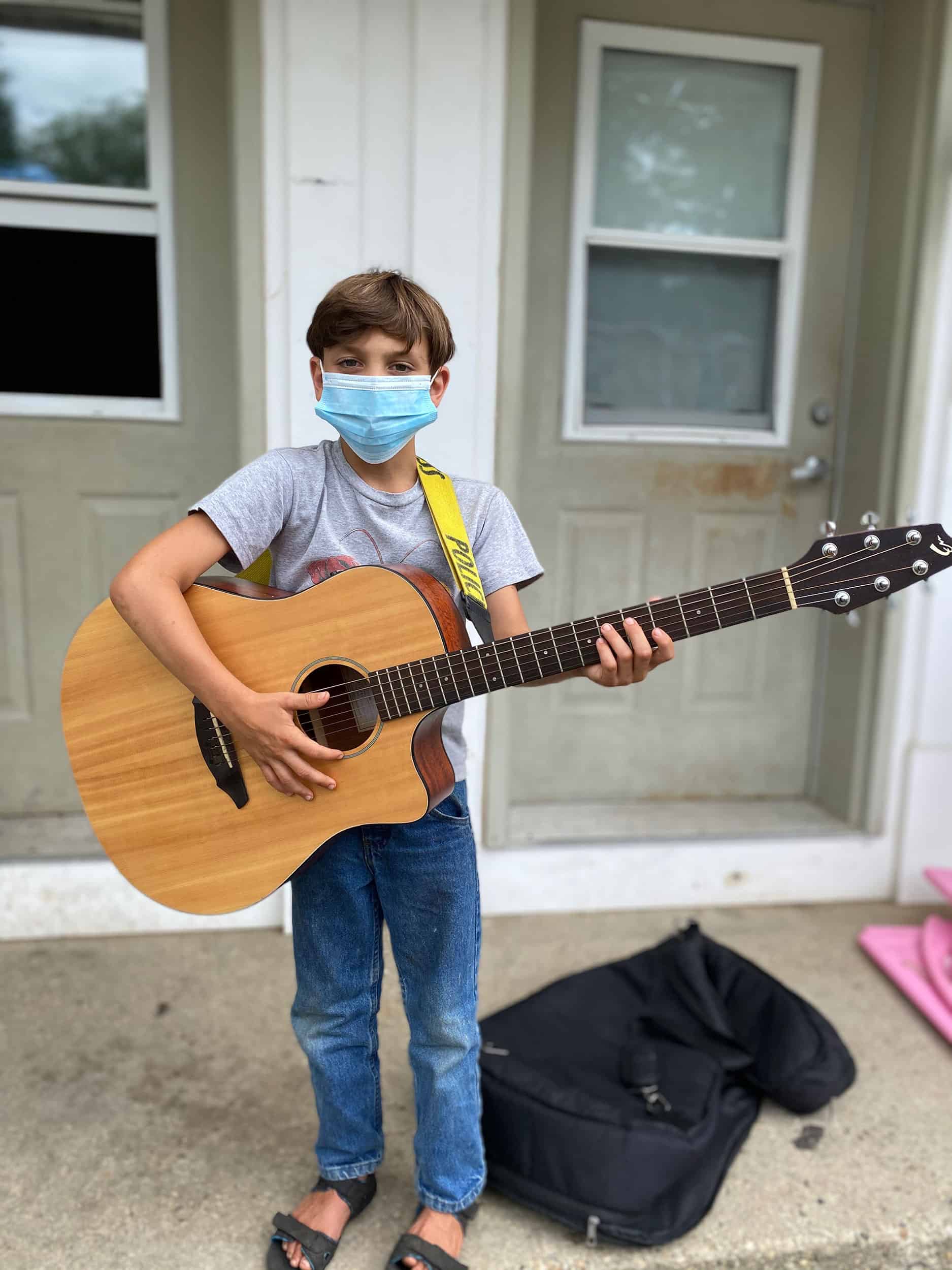
The elementary program utilizes a token economy system and a level system to address the behavioral needs and goals of each student. Specific behaviors are targeted and positive reinforcement is provided to students for completing tasks for behaving in desired ways. Classroom rules stating specific behaviors and positive choices are posted for the students to view on a daily basis. Staff also process appropriate choices with students as they occur.
Additional incentives such as gem jars, bonus points, reading goals can offer individual motivators throughout the day and group rewards when targets are reached. Individualized behavior plans are developed for specific students as needed.
The level system has been developed as a means to assist students in accessing various privileges throughout the day based on what level they are on from the previous day’s behavior. Levels are assessed daily in an effort to motivate and encourage students to make positive changes throughout the day, despite any difficulty they may be having. Points are tallied at the end of the day and will determine what level the student will be on the following day. Level busts can occur immediately based on severity of the behavior.
LEVEL 1
Below 70%
Indoor recess
Assigned lunch spot
No field trips
LEVEL 2
70%-79%
Indoor classroom recess
Assigned lunch spot
Field trip at teacher’s discretion
LEVEL 3
80%-89%
Indoor or outdoor recess
Eligible for Field trips
Can sit with “4” at lunch
LEVEL 4
90%-100%
Indoor or outdoor recess
Eligible for Field trips
Lunch with staff or student (on level 3 or 4)
Choice of lunch table
Allowed 1 toy from home to be used at recess
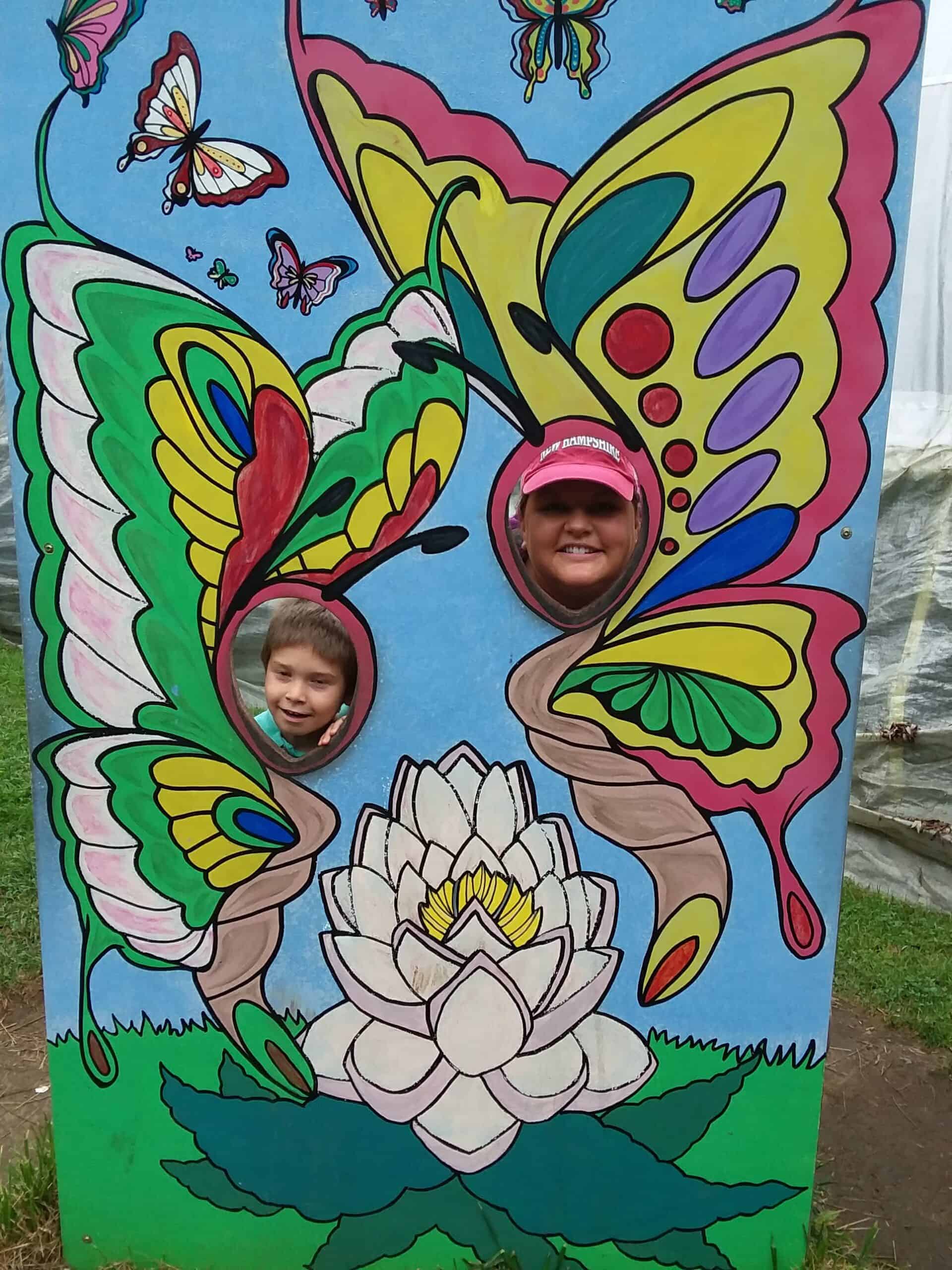
Field trips/community outings are built into the program as incentives, to enhance program instruction and to provide avenues to practice social skills. Some trips are more educational in nature and others are just pure fun. The Annual Fishing Derby is a highlight every spring.
A campus wide Student Council provides leadership opportunities for students to be active participants in developing and implementing activities and suggesting ways to improve programs for the school. Representatives from each program are selected quarterly. Student Council plans additional activities throughout the year which can include, Spirit weeks, Halloween and holiday festivities, Seacoast IDOL, Seacoast Olympics, Schoolwide Kickball, and various Food Contests to raise money for different causes. Awards Ceremonies occur at the end of the year to celebrate student successes.
